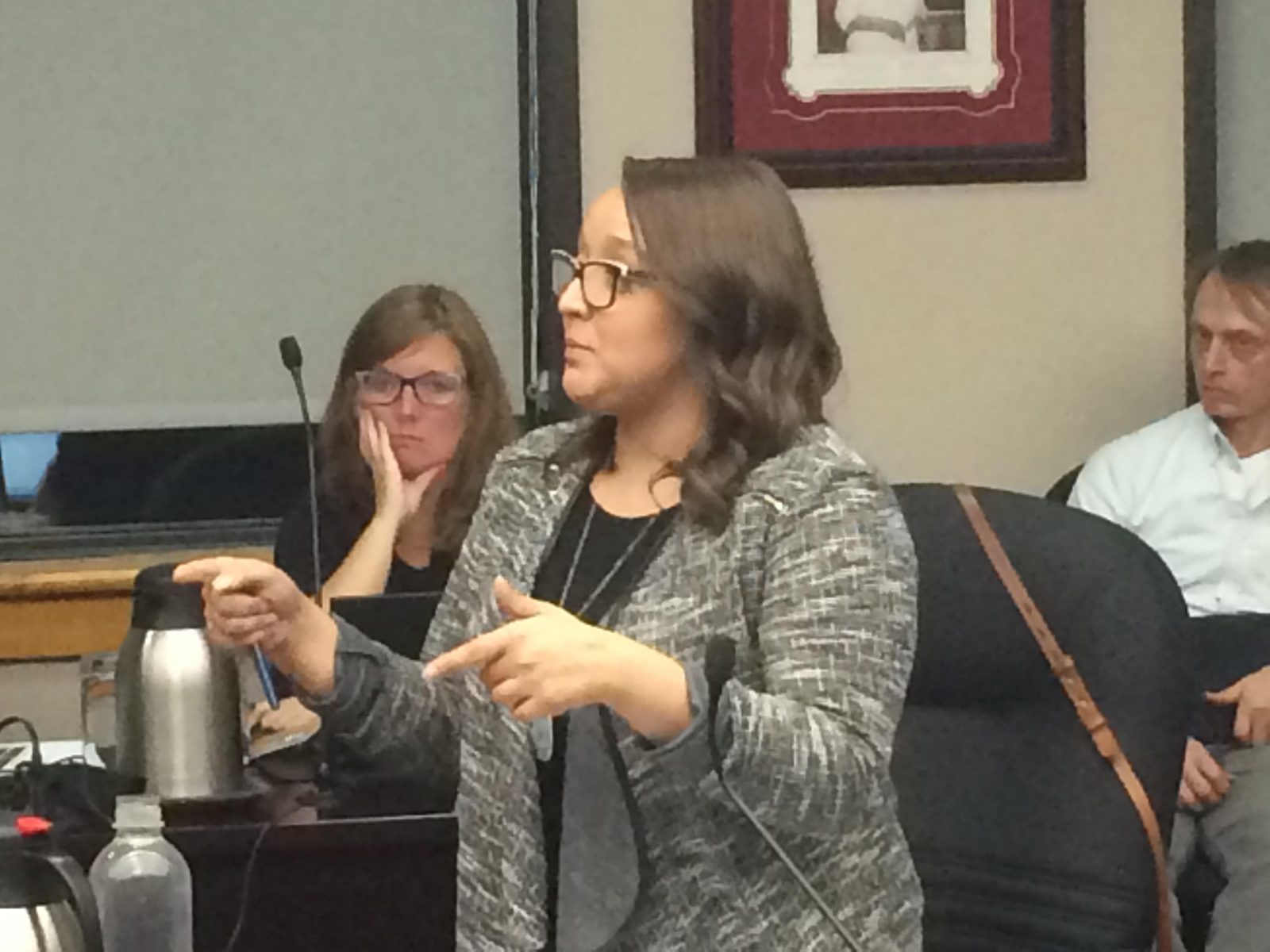CORNWALL, Ontario – After haggling over a few of the finer points of the shape and nature of the Climate Change Committee, Cornwall City Council approved the committee’s creation and their core mandate at their meeting on Tuesday, Oct. 15.
The central mandate of the committee will be to reduce greenhouse gas emissions, reduce overall contributions of Cornwall towards global warming and to help Cornwall cope with the extreme weather created by climate change.
Cornwall City Councillor Carilyne Hébert, who originally moved for the creation of the committee back in March, was pleased that the terms of reference were approved.
“I’m glad we will have this committee up and running as soon as possible,” she said.
Hébert went on to explain that the committee could help the city focus their fight against climate change, including possibly declaring a climate change crisis as other municipalities in North America have done.
Under the terms of reference as amended by Cornwall City Council, the Climate Change Committee will be composed of two council members and three members of the public. Additionally, members of City of Cornwall administration and representatives from the Eastern Ontario Health Unit, Transition Cornwall +, The St. Lawrence River Institute and the Raisin Region Conservation Authority.
There was discussion about whether or not the Mohawk Council of Akwesasne the (MCA) should be invited to send a representative to the committee as well.
“Are members from Akwesasne taxpayers in the City of Cornwall?” asked Councillor Eric Bergeron. “I don’t understand how this amendment exists.”
While the councillor’s question was not answered, members of the MCA in most cases do not pay property taxes in the City of Cornwall.
Councillor Hébert pointed out however that Cornwall did share environmental resources with the MCA, notably the St. Lawrence River and it was also brought up that the MCA and Cornwall were close partners on other issues, such as the administration of Cornwall’s harbour lands. Ultimately however, Council voted against inviting the MCA to send a representative to sit on the committee.
Next steps for the Climate Change Committee will be finding the councillors and community members who will be able to serve as representatives on the committee and electing a chairperson.




